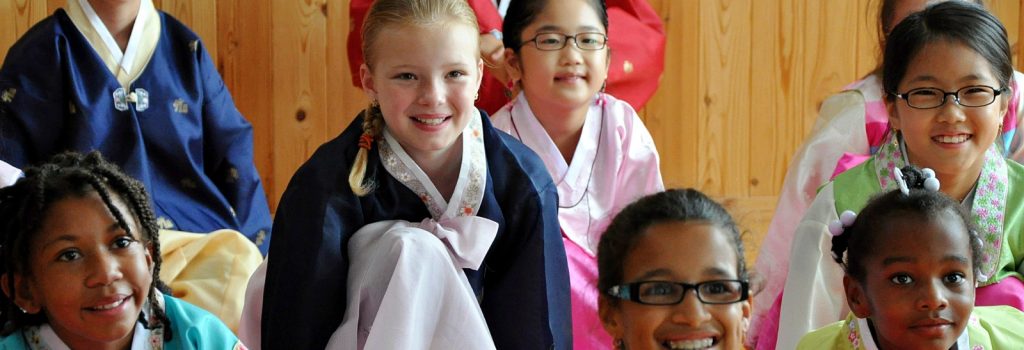In a world where international careers have become commonplace, the number of Third Culture Kids is rising. As individuals, TCKs are increasingly aware they’re not alone.
Growing diversity
The term Third Culture Kid was first coined in the 1950s by an American sociologist, Ruth Hill Useem. She had spent a year researching expats in India and discovered that expat children, who came from their home (or first) culture and moved to a host (or second) culture, had, in reality, formed a culture, or lifestyle, different from either the first or second cultures. In those days, TCKs were mainly the children of missionaries, military members (the so-called army brats) and diplomats. But TCKs these days are from an ever-diversifying range of backgrounds.
A double-edged sword
The author of Third Culture Kids: Growing Up Among Worlds, Ruth E. Van Reken characterises the TCK upbringing experience as a double-edged sword. On one hand experiencing different cultures leads to “comfortableness with cross-cultural interactions, often multiple languages, 3-D awareness of the world and friends in many places and from many backgrounds”. On the other hand, moving frequently gives rise to identity struggles, as TCKs lack full ownership of any one culture, and can experience “grief” through recurring loss.
A growing, global community
However, as their numbers grow, TCKs are increasingly aware that they form a highly mobile, if disparate, global community. There are online groups such as TCK World and Denizen. In a TED Talk titled ‘Where is Home?’ the author Pico Iyer describes the growing population of people living outside old “nation state categories” as a “great floating tribe” – one that is made up of individuals (not exclusively TCKs) who see home as less of a “piece of soil” and more of a “piece of soul”.
Raised between worlds
When one TCK meets another, they will often have an instant affinity. They may have been raised in different countries, and be composed of different ethnicities, but they will recognise something in each other – they have both been raised between worlds. It’s for this reason that many people believe TCKs can be seen as a kind of prototype citizen for our world’s globalised future. In the age of movement, more than anyone, TCKs transcend nationalities and borders. Where is their home? Let’s just call it Planet Earth.
Photo: USAG- Humphreys – Flickr





